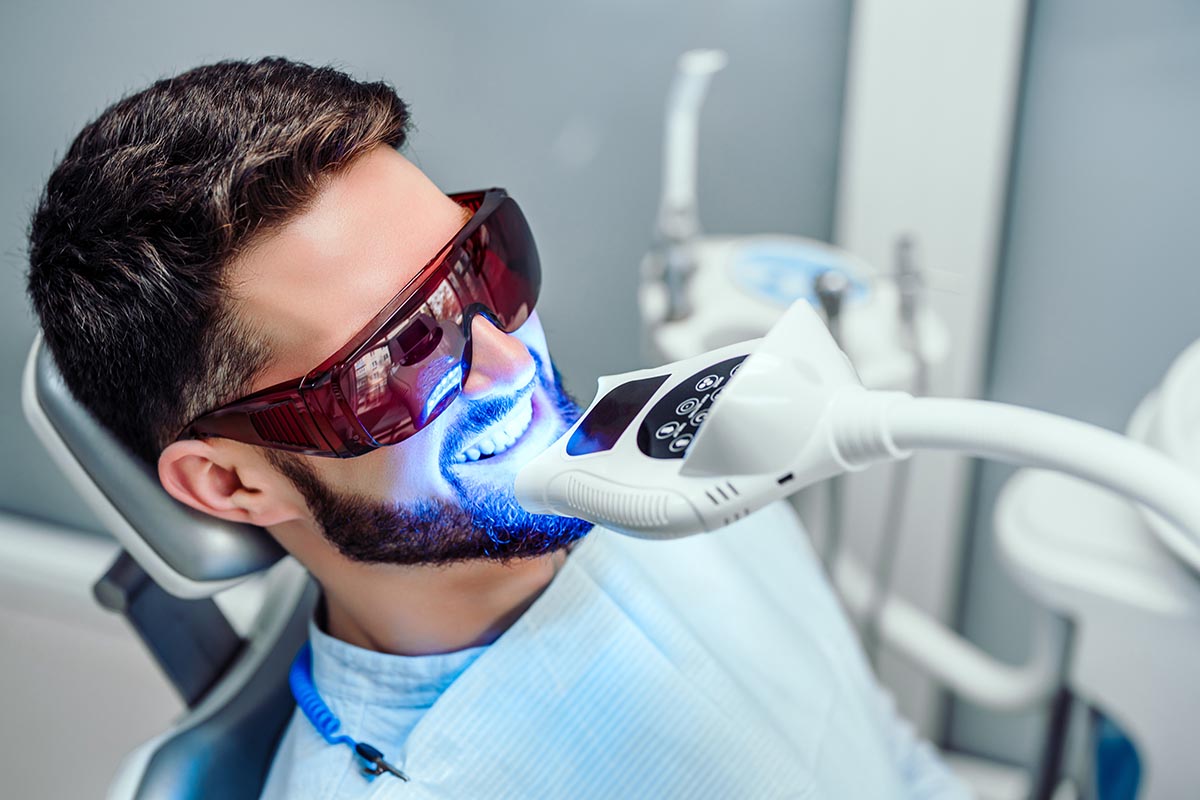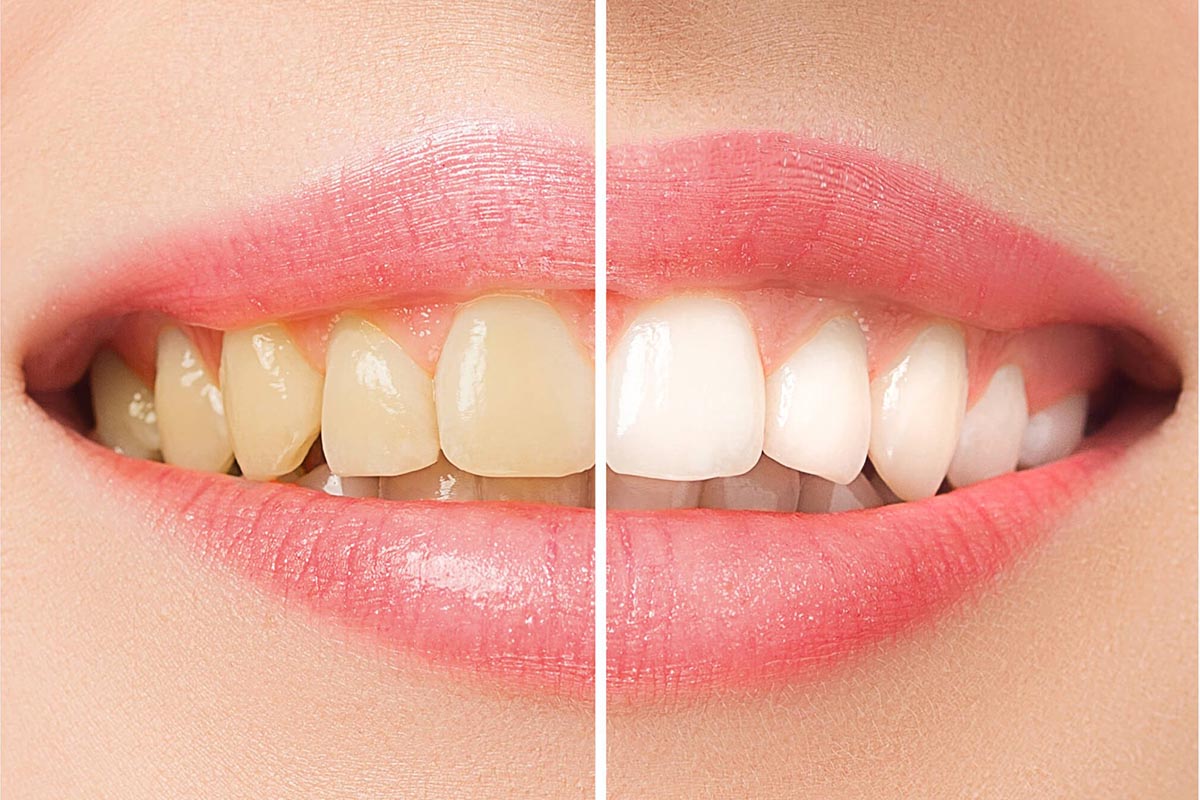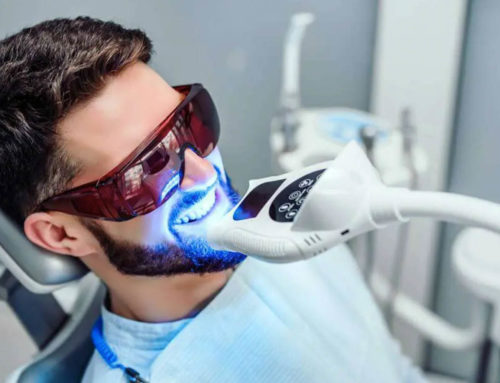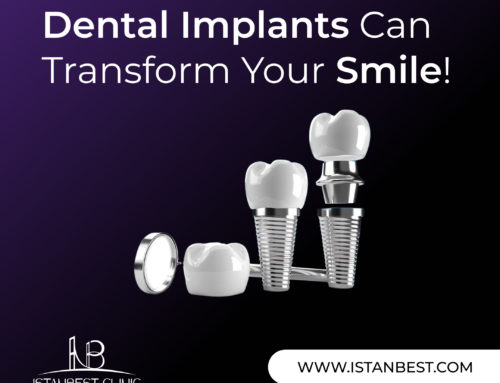What does teeth bleaching mean?
Teeth bleaching refers to the utilization of chemical substances to lighten the shade of the teeth. It involves a whitening process carried out by dentists using materials containing carbamide peroxide or hydrogen peroxide, specifically designed to address enamel and dentin discoloration. Presently, there is a range of teeth whitening products such as whitening toothpastes, gels, and dental-supplied tooth whitening products available. Nonetheless, the selection of the appropriate tooth whitening product should be determined by the dentist.

What causes the darkening of tooth color?
Our teeth serve essential functions like eating and speaking, and they also act as a significant reflection of ourselves in social interactions. The natural darkening of teeth can occur due to various factors, including physiological changes, aging, dental procedures such as root canals, consumption of certain foods and beverages (particularly coffee, tea, and cola), smoking, and the use of antibiotics during younger years. If you undergo tooth bleaching performed by your dentist, you can achieve whiter teeth through one of the available tooth bleaching methods.
What are the methods for whitening teeth?
There are three methods available for achieving permanent tooth whitening: office-type whitening, laser whitening, and home-type whitening.
Office-Type Tooth Whitening
Office-type tooth whitening is the fastest and most effective method for whitening teeth. This procedure is performed directly by the dentist in their office, where a whitening agent is applied. Typically, a one-hour session is sufficient for this type of treatment. The bleaching treatment uses hydrogen peroxide in concentrations ranging from 15% to 35%. It is crucial to ensure that the whitening agent does not come into contact with the surrounding soft tissues and environment. Proper isolation techniques are employed to protect the gums with a special material, and retractors are used to keep the lips away from the teeth.
Laser Tooth Whitening
Laser tooth whitening is an office-type procedure that utilizes laser light for the whitening process. This technique represents the most advanced technology currently available for achieving permanent tooth whitening.
Teeth Whitening at Home
Whitening at home involves the use of transparent trays customized by a dentist, which contain 10%, 16%, 20%, 22%, or 25% carbamide peroxide. The patient is provided with the bleaching agent and the trays and instructed to perform the whitening process for 2-3 hours either during the day or at night. The dentist determines the specifics of the application during follow-up visits.

Frequently Asked Questions About Teeth Whitening
Who is eligible for tooth whitening?
Tooth whitening procedures can be applied to any adult; however, there are certain situations where it may be inconvenient, including:
- It is not recommended during pregnancy, as there is no definitive scientific data on the safety of teeth whitening treatments in pregnant individuals.
- Patients who are under the age of 18.
- Individuals undergoing cancer treatment.
- Patients with severe gum problems or surface defects on their tooth enamel should avoid this treatment.
How long does the whitening effect last?
If the color change is due to dietary habits, the whitening process is expected to reverse when the patient reverts to their previous eating habits. However, the teeth will not return to their color prior to the bleaching procedure. With a short follow-up application, a more permanent whitening effect can be achieved. Antibiotic-induced color changes are more difficult to lighten but can be more long-lasting. General color changes achieved through whitening procedures can see a lightening effect for up to one year, and a consolidation session can provide a more lasting whitening effect.
What precautions should be taken during treatment?
During treatment, it is important to avoid smoking and refrain from consuming acidic, coffee, and cola beverages. These precautions will help maintain the effectiveness of the whitening treatment.
Is teeth whitening harmful?
Teeth whitening conducted under the supervision of a dentist is not harmful and is supported by extensive research. However, it is crucial to avoid using whitening products that contain harmful substances, as unregulated tooth whitening products can lead to dental structural defects. Some whitening products, particularly toothpicks, can be abrasive and cause accumulation on the teeth, potentially leading to corrosion with long-term use.
How long does the whitening effect last?
If the color change is due to dietary habits, the whitening process is expected to reverse. However, the teeth will not return to their color prior to bleaching. Typically, a follow-up application may be required within a year. With a short application, a more permanent whitening effect can be achieved.
At IstanBest Clinic, we understand the importance of a bright and confident smile. Teeth whitening is a popular procedure that can significantly enhance the appearance of your teeth. Through our various whitening methods, including office-type whitening, laser whitening, and home-type whitening, we strive to provide our patients with effective and long-lasting results.




